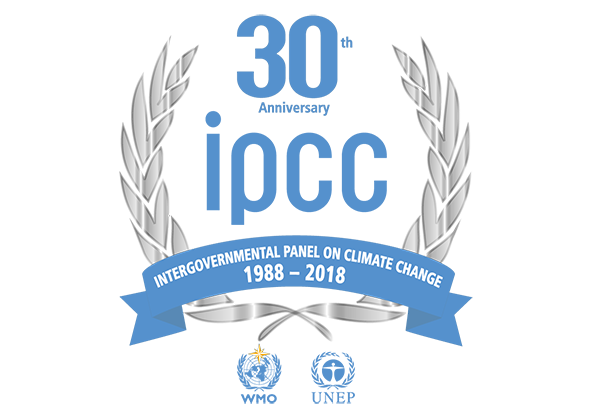IPCC Climate Change Report

October 29, 2018
After much speculation and concern by the IPCC(Intergovernmental Panel on Climate Change) about our Earth and its climate, the IPCC has written a special report on climate change, its minimum impact, the amount of effort and resources required to minimize damage, and much more.
Climate change is not a new subject for the world as a whole. In fact, studies are said to have gone back as far as the medieval times. Even one of Aristotle’s pupils, Theophrastus, had studied climate change. However, the long;term effects it creates have only been discovered as recently as the 1970’s, which is when the world’s first Earth Day was celebrated.
According to the IPCC, reducing the effect on our globe would require “…rapid, far reaching and unprecedented changes in all aspects of society.” While a 1.5ºC change in our atmosphere seems minor, if not un-noticeable, it is a very drastic change, and can cause major damage to ecosystems and species. These points are not without backing, as the IPCC has cited over 600 sources. Panmao Zhai, co-chair of IPCC Working Group I, stated “…the consequences of 1°C of climate change through more extreme weather, rising sea levels and diminishing Arctic sea ice, among other changes.” This means that the terrifying disasters that have occurred have been of our doing.
In the case of the ocean, a driving force in many disasters, will have a minimum 10cm increase in height around the globe. This could mean an increase in water damage to coastal areas.
The report states that some of the modifications to our society are already in effect; however, they need to be sped up, or we could face major devastation. One change would be “transitions in land, energy, industry, buildings, transport, and cities. Global net human-caused emissions of carbon dioxide (CO2) would need to fall by about 45 percent from 2010 levels by 2030, reaching ‘net zero’ around 2050.” This means that any remaining emissions would need to be balanced by removing CO2 from the air. The IPCC created multiple groups to deal with different portions of the article. Working Group I assesses the physical science basis of climate change; Working Group II addresses impacts, adaptation, and vulnerability; and Working Group III deals with the mitigation of climate change.
In short, the damage done to the world is to an extent irreversible. That being said, there are many different changes and advances that the IPCC suggests would be an effective, and swift method to divert the damages already done, and stifle any more.
image courtesy of the IPCC.

